Our Doctoral Researcher Training Programme
Our newly developed framework for Doctoral Training (Figure 1) currently being rolled out and available to all existing and new Doctoral Researchers will combine state-of-the-art training in specialist research skills, knowledge and guidance delivered by supervisory teams with a toolkit of transferrable skills aimed at enhancing the impact of your research and providing confidence when deciding on your career direction after your PhD. In delivering our training programme, we draw on the specialist knowledge and expertise of our four universities, five research organisations and eighteen governmental, research and industrial partners.
Figure 1: The GW4+ Doctoral Training Framework
Our Doctoral Researchers also have access to a wealth of skills and career development training offered by our universities’ Doctoral Colleges and Academies and we allocate a budget of £1,000 to each Doctoral Researcher to cover course fees and travel to attend specialist training courses relevant to their research topic.
We aim to support the journey undertaken by our Doctoral Researchers from the time a PhD application is made, through their development as a researcher in their discipline, through the acquisition of skills to enable them to create impact, to being fully equipped to start a rewarding career in science (Figure 2). In turn, our Doctoral Researchers encourage and support those joining after them, showing them the way, and, after they become GW4+ alumni, demonstrating what can be achieved with their science and skills training in a career after PhD.
Figure 2 The GW4+ Doctoral Researcher’s journey
THEMATIC MEETINGS
To enhance networking between Doctoral Researchers in their cohort and between cohorts, we have started two-day Thematic Meetings organised by the Doctoral Researchers themselves. The first day consists of posters and talks on the general theme of the meeting to enable you to practice discussing your posters and presenting your research to a friendly and non-judgmental group of your peers. On the second day, we invite representatives from outside universities in business, policymaking, research and other sectors to speak about how they use research like yours and the careers opportunities that are available. We will also encourage our Doctoral Researchers to invite keynote speakers to talk or hold a workshop on a current topic of interest during the meeting. Our aim is hold four meetings a year on the following themes with all of our Doctoral Researchers invited and able to choose the theme or themes that interest them most:
Climate Change and Risk
Earth Science and Hazards
Evolution and Biodiversity Through Space and Time
Science for Environmental Solutions
Outreach
effective outreach with children
Sparking STEM delivers training on behalf of the GW4+ Doctoral Landscape Training Partnership (GW4+ DLTP) to equip our Doctoral Researchers with the skills and confidence to deliver successful outreach with children of school age. In doing so, they encourage young people to consider taking up science, technology engineering and mathematics (STEM) subjects early on in school, which is vital for them to be able to study STEM subjects at university. Doctoral Researchers design age-targeted, curriculum-linked outreach activities to inspire school-age students towards their own field of research. Their professional skills are enhanced as they learn to structure and deliver outreach that is welcomed by schools and other education organisations. Their personal development is also enhanced as they learn to deliver outreach with confidence and skill, while mastering basic techniques for managing risks and behaviour, and catering for some special educational needs.
The Brilliant Club exists to increase the number of pupils from under-represented backgrounds progressing to highly selective universities.
The Brilliant Club has a proven track record in increasing the number of pupils from under-represented backgrounds progressing to highly selective universities. This is done by mobilising the PhD community to share its academic expertise with state schools.
The purpose of the collaboration between the Brilliant Club and the GW4+ Doctoral Landscape Training Partnership (DLTP) is to recruit, train, develop and support up to 10 Doctoral Researchers, by placing them in non-selective state schools, to deliver the Scholars Programme, and in doing so share their expertise and promote fair access to University for around 120 secondary school pupils. The GW4+ DLTP will work with The Brilliant Club to ensure that all Doctoral Researchers are aware of the opportunity and can access it.
The GW4+ DLTP contributes financially to the delivery of this Scholars Programme in supporting the costs of recruiting, training and placing Doctoral Researchers, including the payment of tutors by match funding each placement. Most costs are covered by fees from participating schools and wider charitable fundraising.
Well Being
The GW4+ Doctoral Landscape Training Partnership (DLTP) encourages our Doctoral Researchers who have personal issues affecting their well-being to seek advice, help and support as soon as possible from their local university or research organisation. The GW4+ DLTP Manager or Coordinator can also assist Doctoral Researchers in finding the help they need. Any such discussions with the GW4+ DLTP will remain completely confidential.
The GW4+ DLTP offers regular resilience and well-being workshops that teach our Doctoral Researchers how to use key mindfulness and wellbeing techniques to develop greater emotional resilience as a way of coping with stress, particularly during difficult times in a PhD, such as writing up and setbacks.




